This post contains one or more references to our advertisers. If you buy something through our links, we may earn a commission. For our full advertising policy, click here.
Whether you’re a casual hiker or an avid outdoor enthusiast, having the right gear can make all the difference. A two-mile hike can be more uncomfortable than a 13-mile uphill trek when you don’t have the right gear. Regardless of if you’re hiking Yosemite or Machu Picchu, you need to need some hiking essentials to make your trip go smoothly. Here’s what to pack for Zion National Park to make your hiking experience great.
For clean water: LifeStraw Water Filter
If you’re anything like me you often find yourself running out of water before you reach the end of your hike and then you find yourself turning to whatever natural water source is nearby. Though hiking and camping can lead us to some of the most picturesque oases, it’s no guarantee that the water is drinkable.
LifeStraw’s personal water filters help you guarantee you’re drinking clean water. Their filters remove 99.999999% of waterborne Bacteria like E. Coli and Salmonella as well as microplastics and parasites.
Stay hydrated: 2L Water Bladder
The first time I used a water bladder on a hike, I was so angry I hadn’t bought one sooner. Originally, I thought it was a silly purchase because I have so many reusable water bottles, but a water bladder is so convenient. With the bladder, you can drink your water without pausing to take off your backpack and open your water bottle. The straw sits right at the top of one of your backpack’s straps so you can sip while walking, with no stopping necessary.
Wander, but don’t get lost: AllTrails App
Where we’re going we don’t need roads…but we do need some navigation help. When you’re hiking, be sure to download your trail maps to help you avoid accidentally straying off path. The AllTrails app is my favorite because it lets you read reviews from other hikers so you can pick the best trail for you. You can filter your search by the trail’s distance, intensity, or specific trail features, like waterfalls. If you sign up for AllTrails+, you can enjoy a whole host of additional features, including downloading the maps for offline use. With this feature, even if you lose signal while you’re up in the trees, you won’t have to worry about getting lost. Check out some of our favorite hikes in Zion.
A high-quality backpack: Osprey + PeakDesign
The perfect hiking backpack depends on the type and length of the trek you’re setting off on. For a shorter day hike, a daypack that holds about 10-15 liters should suffice. The Daylite Daypack by Osprey should be enough to fit an extra layer, some snacks, and some water for one day of hiking.
For a longer expedition, where you’ll need more room for food, water, equipment, and clothes, we recommend going for PeakDesign’s 30L Travel Backpack. This pack is of the highest quality and can fit enough for a longer hiking trip but expands to a 45L pack when you expand the side zippers.
Don’t sweat it: Moisture-wicking clothing
Moisture-wicking clothes are a must-have. Whether it’s because you’re sweating up a storm on a long hike or a literal storm brings the rain to you, having the right clothes can keep you dry and comfortable. The clothing you’ll need depends on the conditions and location of your hike but there are a few essentials that you can’t go wrong with packing.
Moisture-wicking tees (for men and women) and vented button-ups are easy tops to layer while quick-drying pants or shorts are essential. It’s also always a good idea to pack a long-sleeve shirt that can protect you from the sun and, perhaps more importantly, bugs.
You can even get moisture-wicking underwear if you want to stay extra dry, down to your first layer. (Shop men’s here.)
Another pro tip: Pack some extra socks that are specially designed for long and arduous hiking days. There’s nothing worse than walking all day with a wet sock.
A rain-proof jacket: Cotopaxi Rain Jackets
As far as outerwear goes, few jackets can compete with the ones by Cotopaxi. Their jackets are lightweight but durable, stylish yet functional. Their rain jackets are easy to layer and their hoods provide solid rain protection with lips that wick the rain out of your face. (Shop men’s here.)
Their hooded insulated jackets are also worth the investment if you live in colder climates or plan to go on any winter hikes.
A solid pair of boots: Terrain-conscious boots
Picking the right boots comes down to the terrain. If you’re hiking the drier, desert climates, opt for a lightweight show like Merrell’s Travel Shoe. These versatile shoes do just as well on sand as they do on bike rides, or city strolls. They look like regular sneakers but come with extra support. For women, we recommend the Columbia Women’s Trailstorm boots or the Merrell Moab Flight shoes.
For wetter and woodsier paths, opt for a waterproof pair with a good grip on the soles like these Newton Ridge shoes by Columbia. These boots are lightweight so even if you’re hiking in mud, you won’t drag it along with you. Shop the men’s version here.
Protect your skin: Water-resistant Sunscreen
Depending on where you’re hiking, you might have the cover of the trees to protect your skin and provide some cooling shade. But, even if that’s the case, it’s not always enough to prevent sunburns and sun damage. Get a water-resistant sunscreen, like the sport edition by Neutrogena, that will stay put even as you sweat it out on your climb. Most of all, don’t forget to reapply!
Pack your power: Solar-powered rechargeable battery
There’s nothing worse than being stranded somewhere at 1% battery life. A solar charger with 20,000 mAh, like this one by Suscell, can keep your smartphone and other devices charged for days, all charged up by the sun. This one even comes with a built-in flashlight.
Don’t get stranded: A PLB or Satellite Messenger
If you’re going on a multi-day hike, it’s a good idea to have a tool that can send out an SOS or message your loved ones, even when you have no cell service. When your phone is dead and you find yourself in a sticky situation, you’ll be glad you planned ahead.
Choose a Personal Locator Beacon, or PLB, device if you only want to have a backup device that can send an SOS signal and your location to rescue agencies. If you want a tool that allows you to message loved ones or other features like navigation, go for a satellite messenger.
When moonlight isn’t enough: BioLite Rechargeable Headlamp
Even on long summer days, nightfall comes quickly. It’s easy to lose track of time when you’re taking in all the beautiful vistas. We always recommend packing a rechargeable headlamp. You might use it very rarely but you’ll be happy you packed it when you find yourself finishing your hike at dusk or when you need to use the bathroom at night.
Eco-friendly supplies: A Reusable Utensil Set
When Bear Grylls hunts and gathers his own food out on the trail, it looks so easy. I find myself thinking, “I can do that” but as soon as my boots hit the dirt road paths, I remember that I faint at the sight of blood and I barely know the difference between a salmonberry and a raspberry. Instead, I’ll stick to my canned goods and eat with some reusable utensils. These utensils are better for the planet and with a quick rinse, you can use them during your whole hiking excursion.
A washing machine that weighs 5.3 oz: Scrubba Portable Wash Bag
Exploring the great outdoors means going a few days without modern-day amenities. I’m all for this when it means I get a much-needed break from my screen, but I have regrets when I start to stink two days in. Unfortunately, there are no washing machines tucked between the Douglas firs and Sitka spruces, but you can pack a Scrubba Portable Wash Bag.
When folded up, the bag is pocket-sized, but unravel it and you can have a full-blown washing machine in the wild—zero electricity required. With Scrubba, you can pack light and stay refreshed with a quick wash. You can even use it as a waterproof bag in a pinch.
Honorable Mentions
While the items above are essentials we highly recommend packing on any hiking adventure, there are also some other items that we recommend bringing along. While they might now be entirely necessary, they could make your hiking trip a whole lot easier. Here are some more items to pack for a hiking trip.
- A pocket knife can come in handy so many times while on a hike or camping. From cutting a rope to whittling down a stick for smores, a pocket knife is a great tool to have.
- Pack this handy multitool set with everything from a small knife to a key capsule to store a tiny stockpile of vitamins, and a small pen for jotting down any of your trail finds. Another great multitool set is this 7-in-1 tool with an Airtag holder. The seven tools include wrenches, a bottle opener, and even a phone stand.
- Pack a beanie for those cold mornings or a hat for those sunny expeditions.
- Go full analog and stop checking the time on your phone with the classic G-Shock watch.
- Fuel your coffee addiction even while miles away from the nearest Starbucks with a lightweight AeroPress Go machine.
- After trying an inverted lighter, I’m never going back to another. These upside-down lighters are ideal for lighting everything from candles at home to campfires.
- I can’t tell you how many times I find myself looking for a towel while hiking and camping. It must be out of habit but these NanoDry Packable Shower Towels are excellent for everything from drying off after a glacial lake swim to wiping off my bag when my sunscreen accidentally exploded inside my bag. Plus, it folds up so tiny, you might even forget you packed one.
- If you’ve read any of our other gear guides, you know that I’m a big fan of fanny packs. I love the convenience of having everything right in front of me, with easy access. This Lite Sling by Bellroy is a DFC reader favorite and the perfect lightweight fanny pack for hiking.
- Few things are as relaxing as swinging between the trees. Toss a foldable hammock into your bag and find two towering trees to post up between.


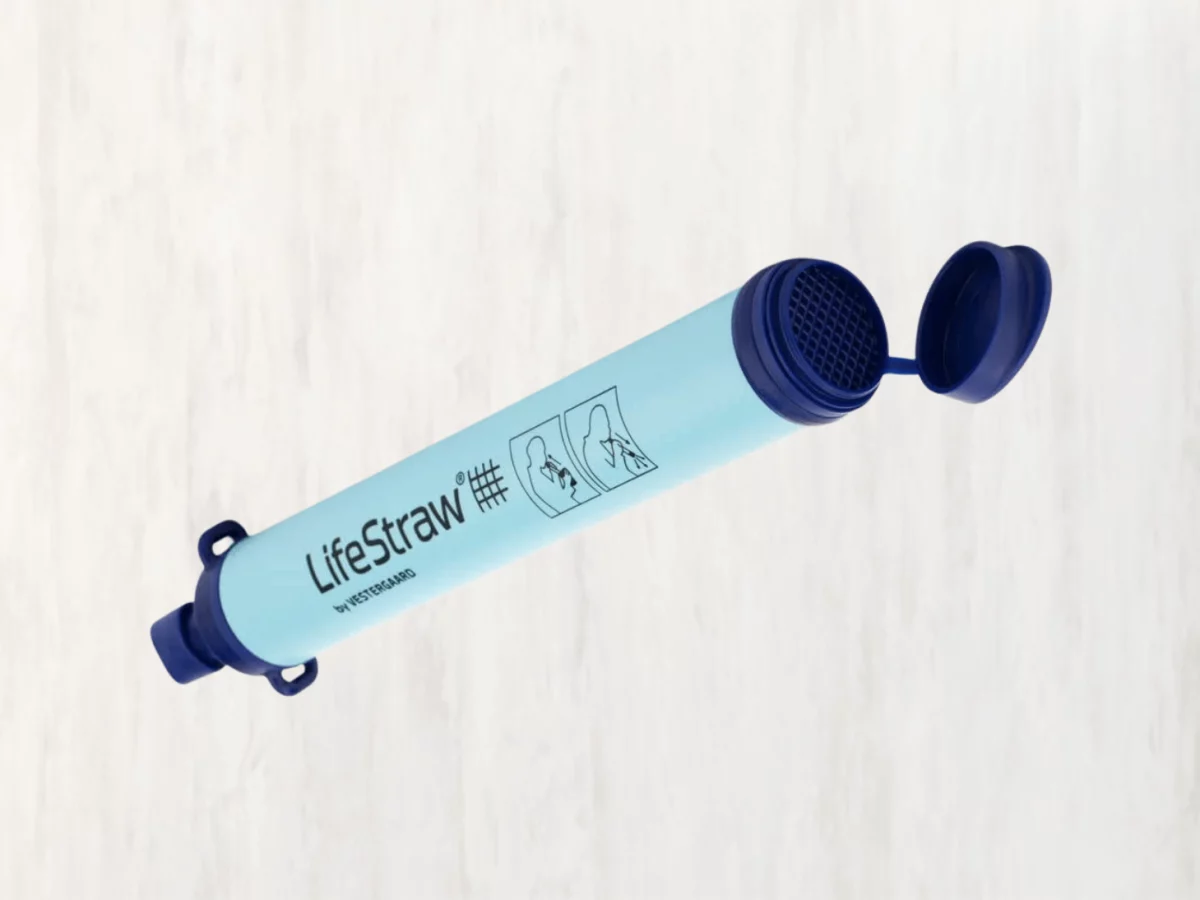
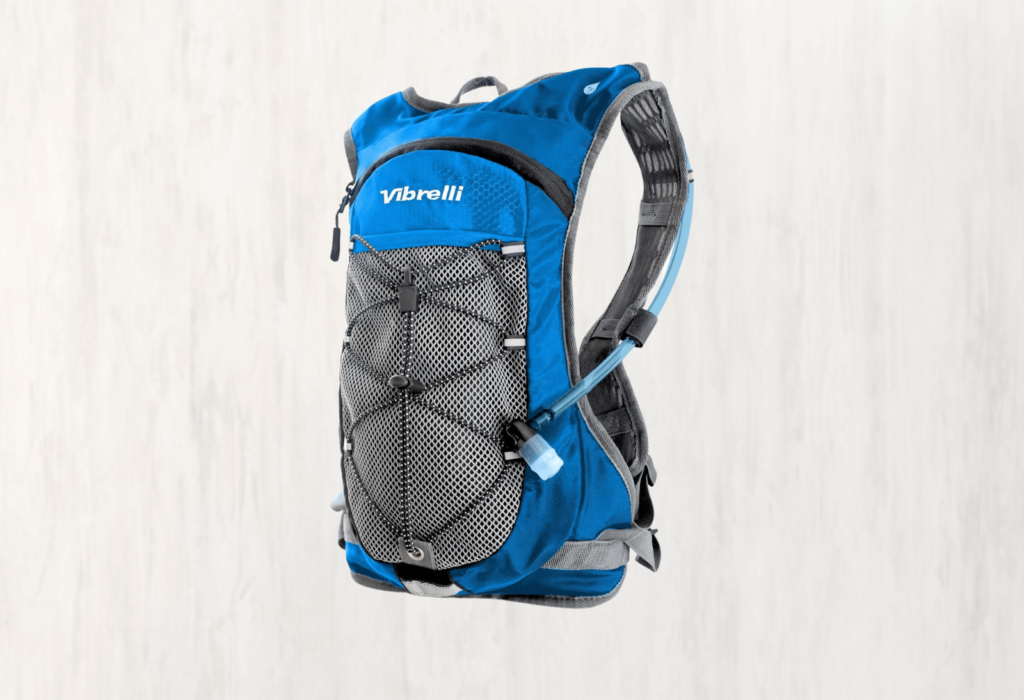
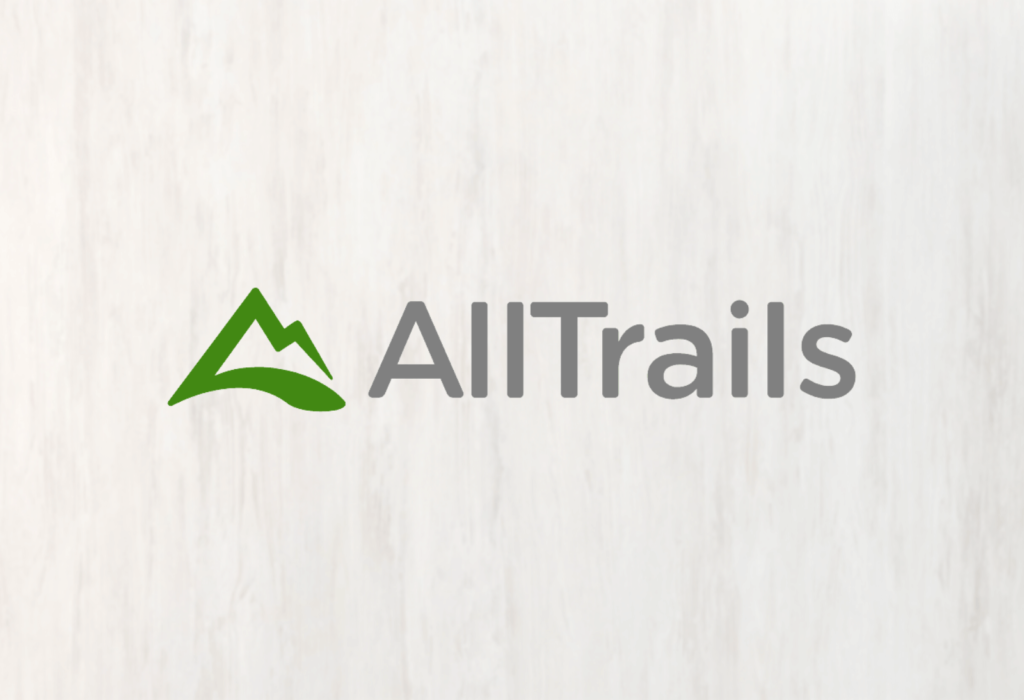
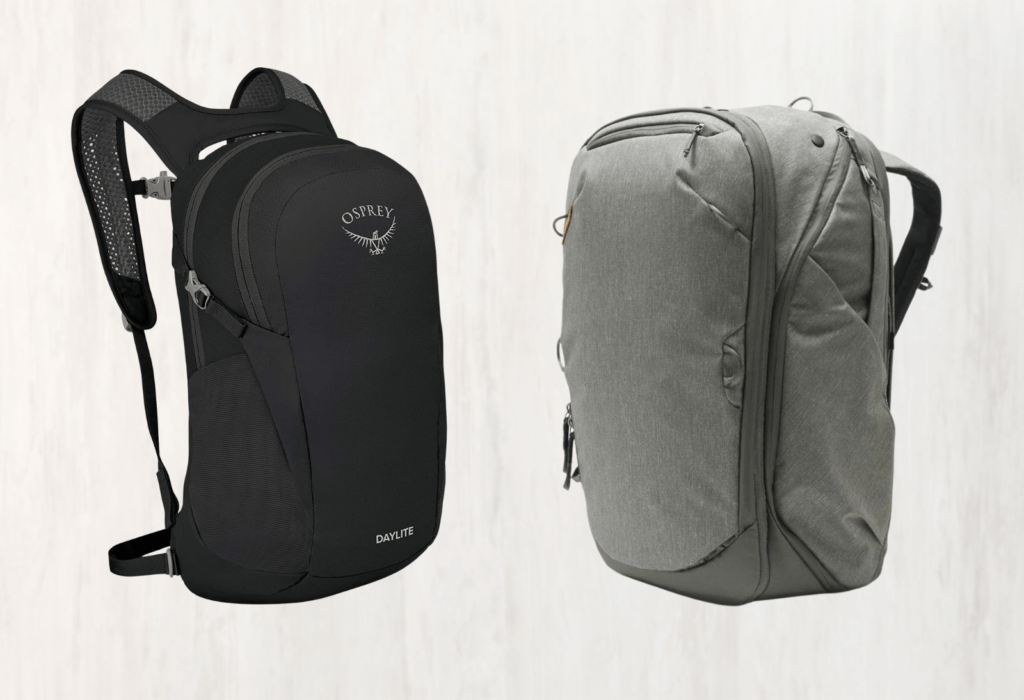
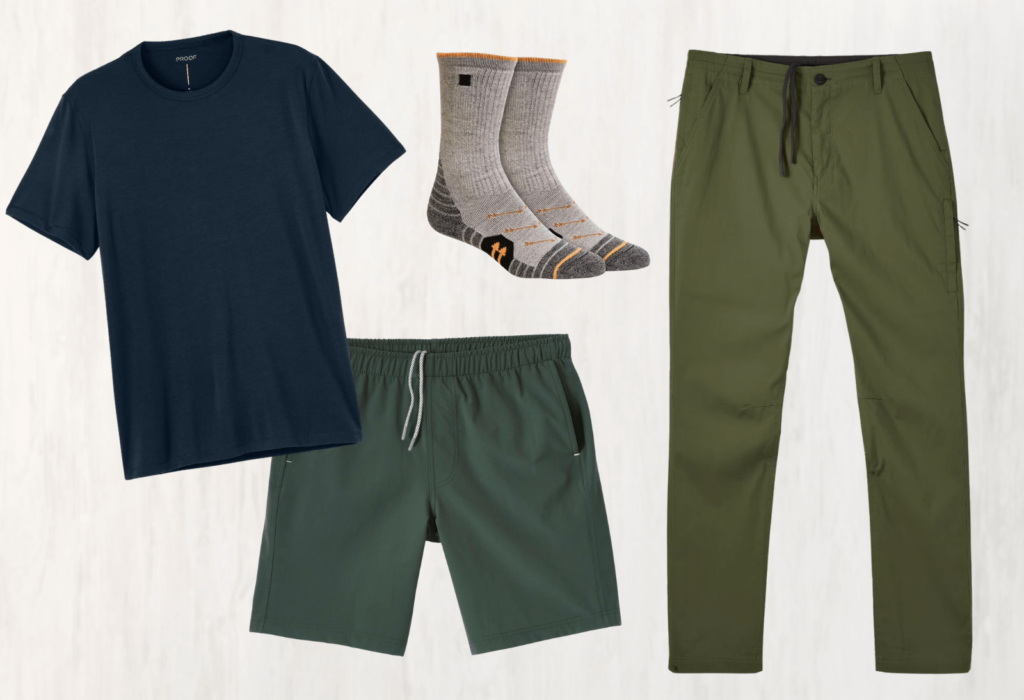
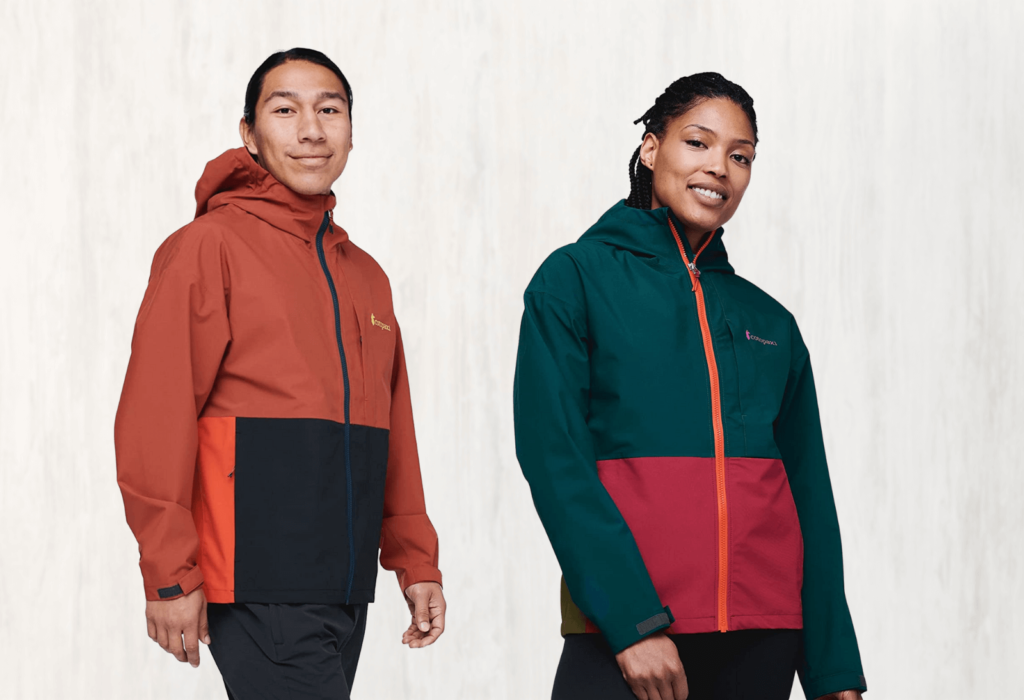
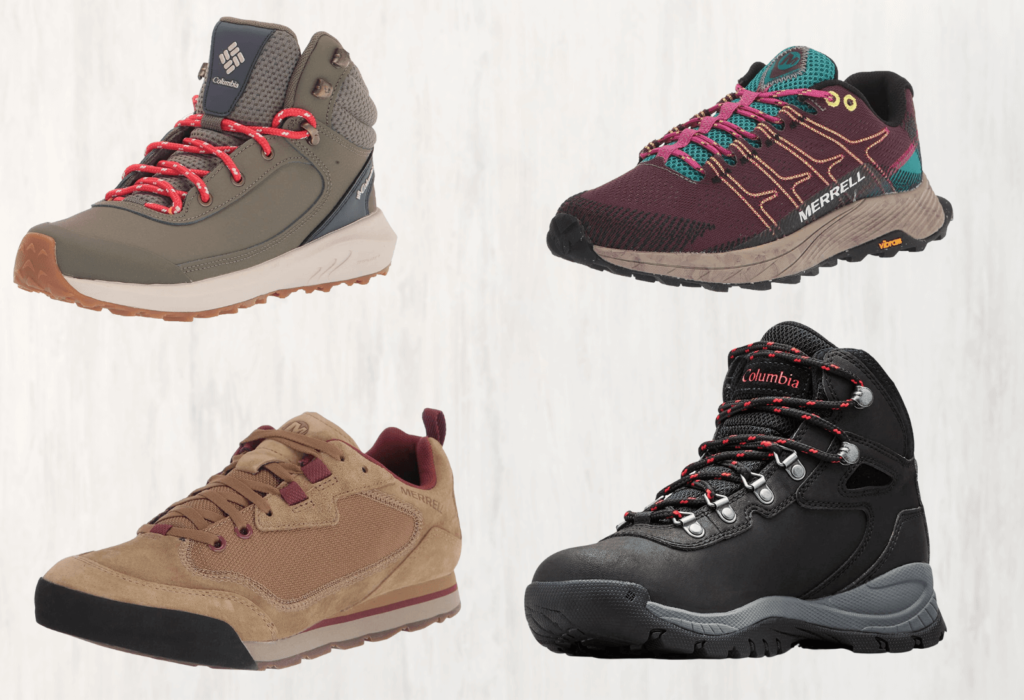
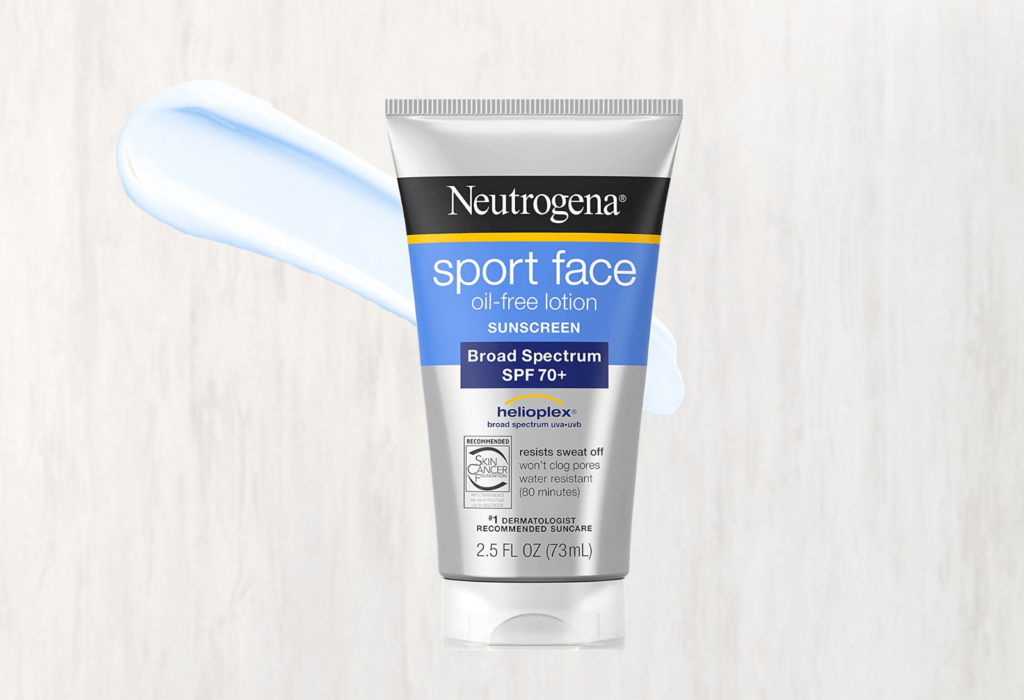
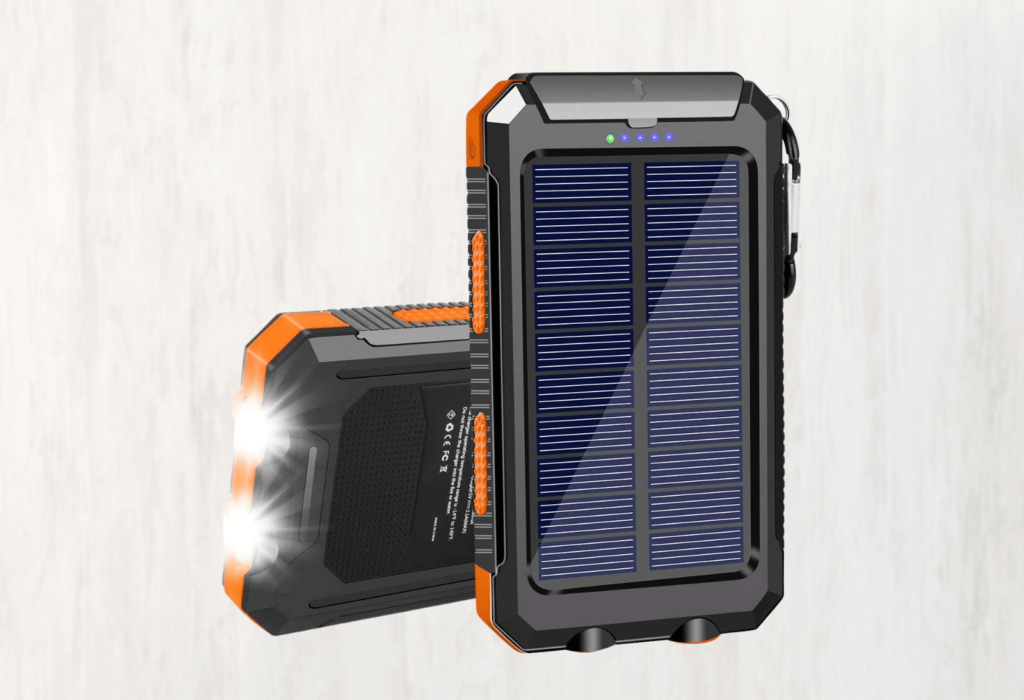
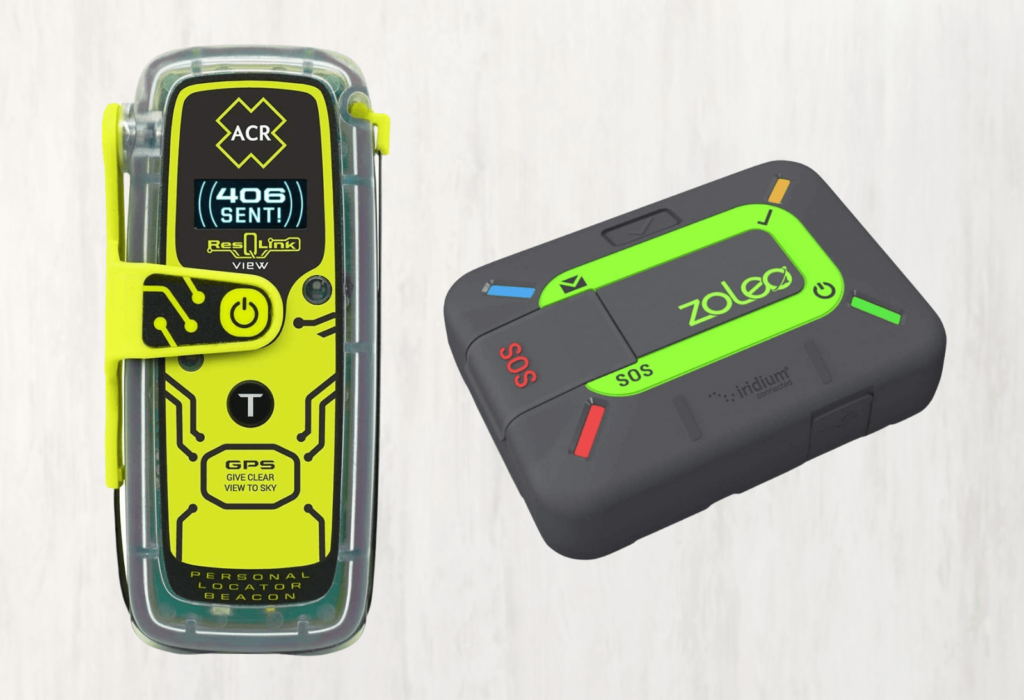
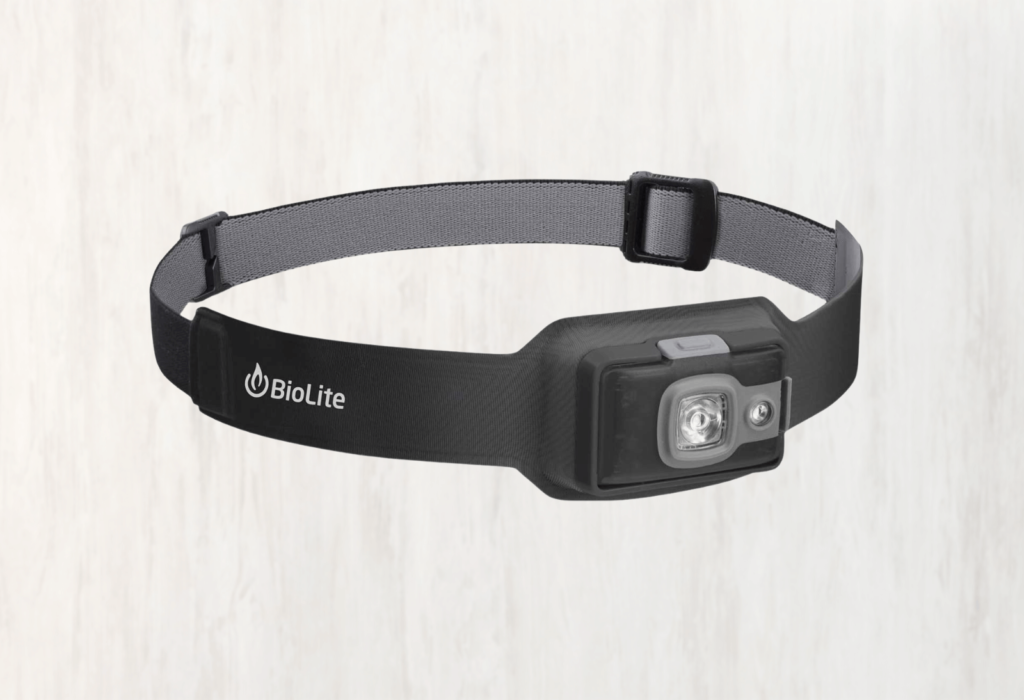
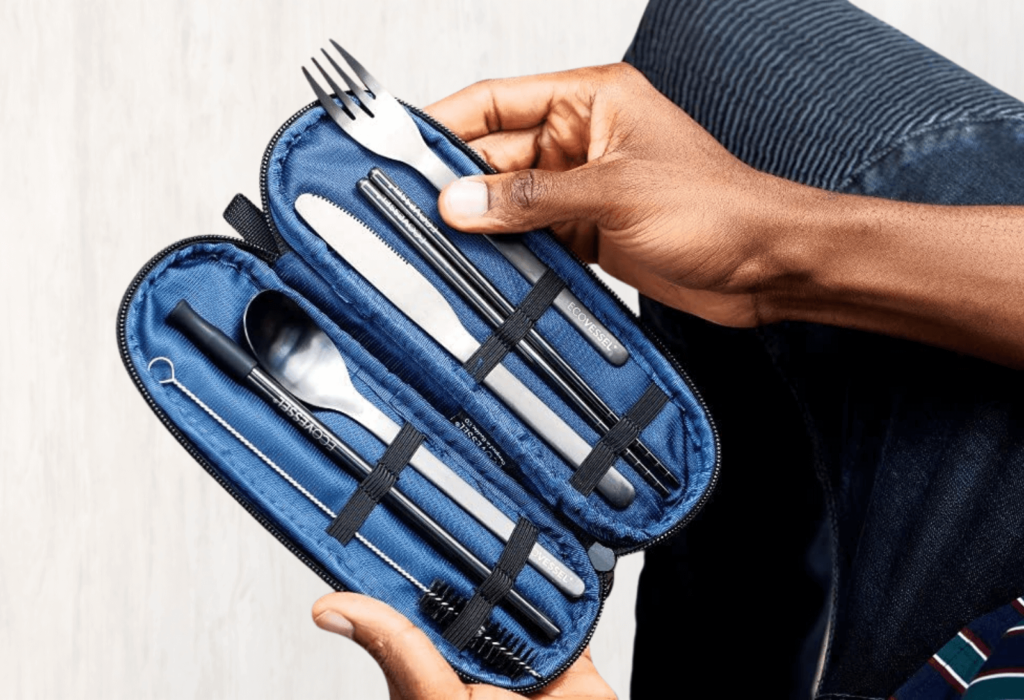
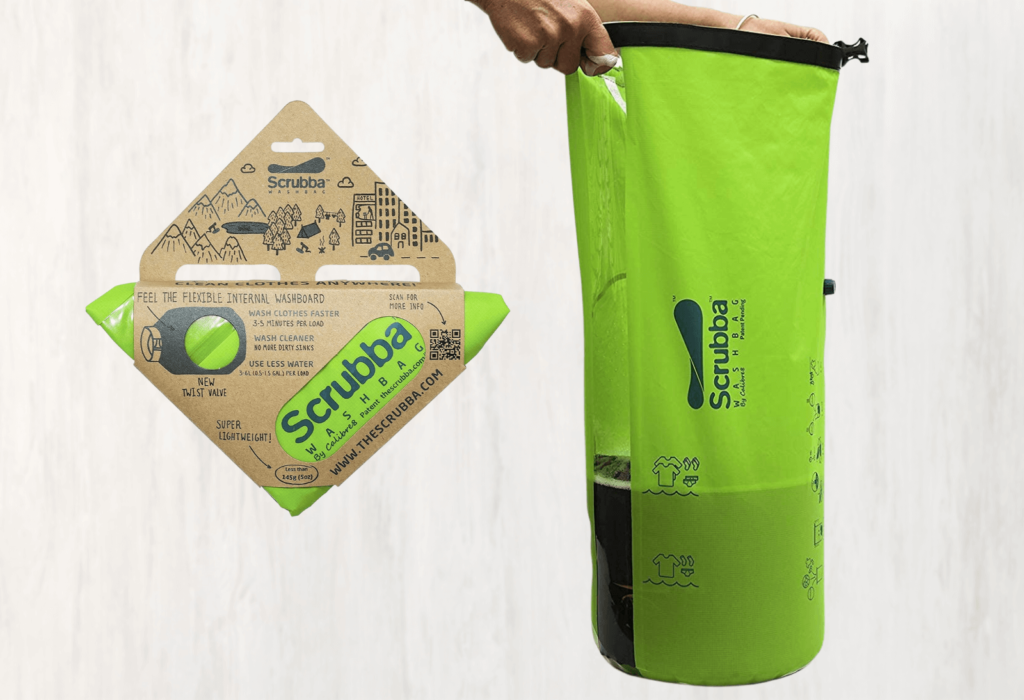
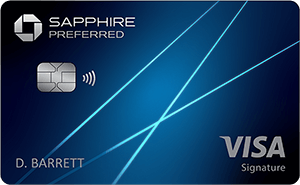
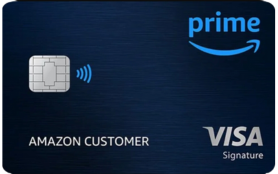



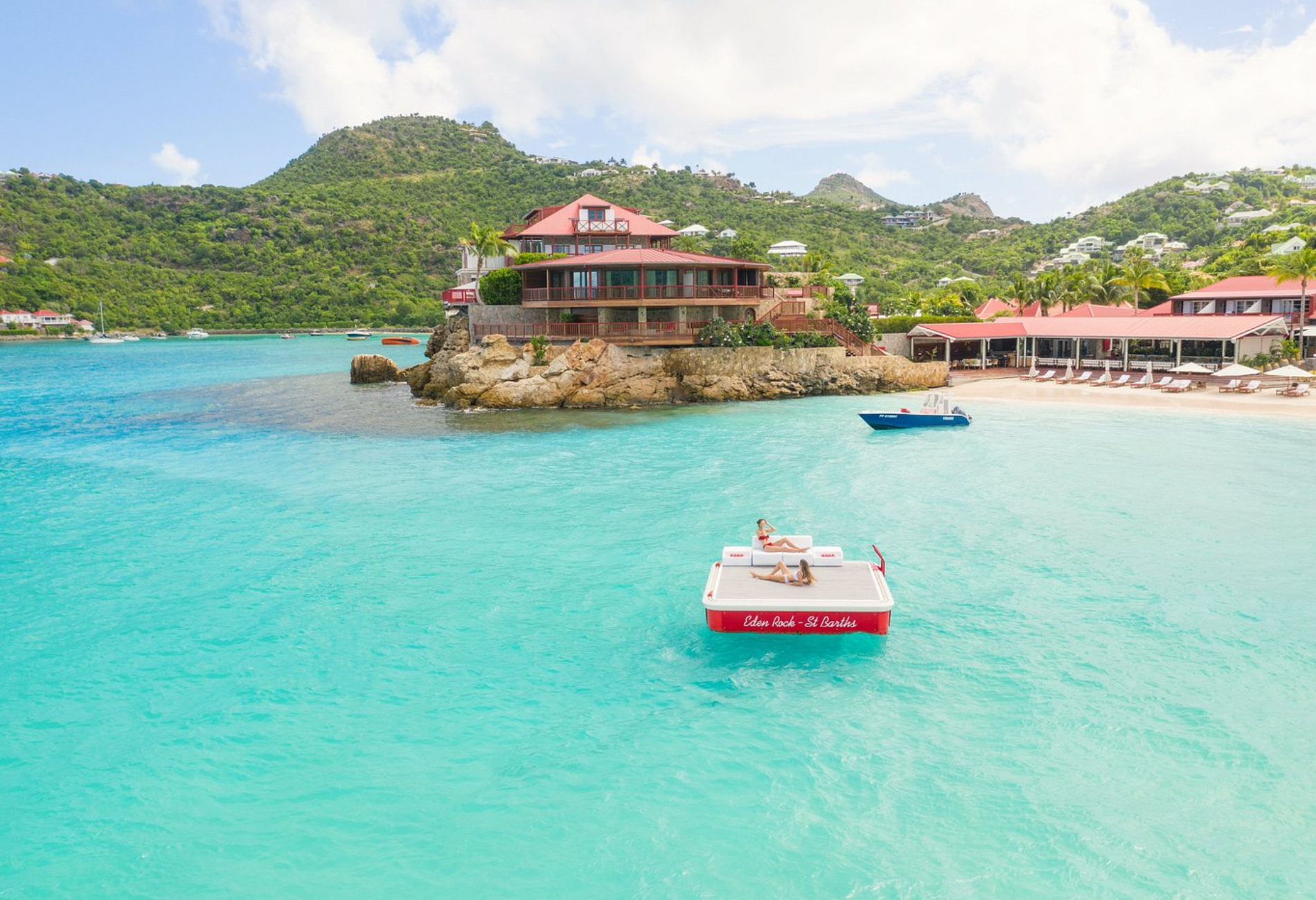
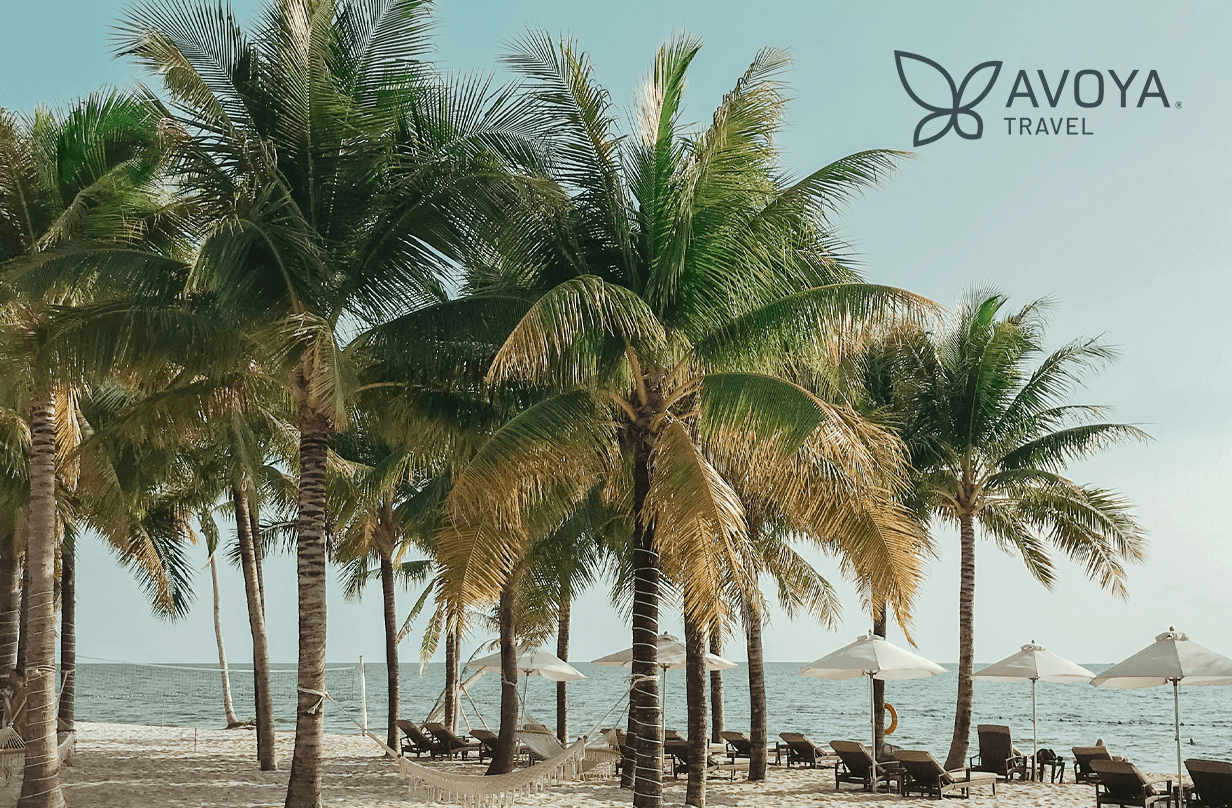
 by your friends at The Daily Navigator
by your friends at The Daily Navigator



